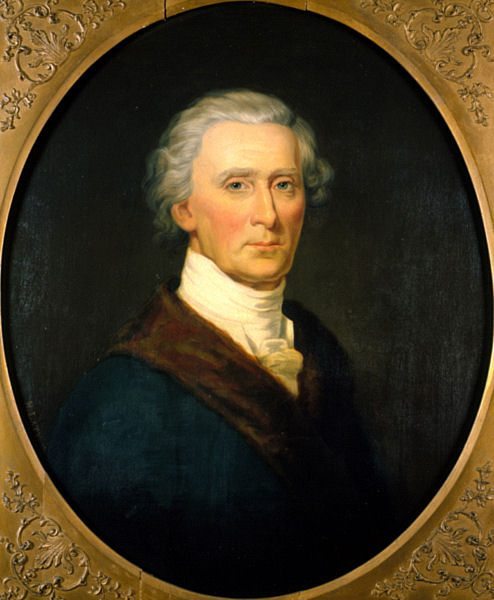
Canvas oil painting by Michael Laty.
What is the difference between the elite and the upper class?
The elite is the source of the upper class. Let us take the example of a small city to facilitate understanding the difference between the two. As noted, the elite of a city is formed by those who exercise prestigious activities and who are preeminent within their fields. But this still does not necessarily constitute a social class.
A social class is constituted when these individuals and their descendants acquire stability in their prominent positions. Such habitual eminence shapes them, and forms them into a single class.
On the other hand, an elite is an informal group of individuals. We can only speak of a social class if the respective families also interrelate among themselves.
In short the upper class is formed by a group of families who attained a certain degree of perfection by which they are molded and through which they became established.
Plinio Corrêa de Oliveira, Nobility and Analogous Traditional Elites in the Allocutions of Pius XII: A Theme Illuminating American Social History (York, Penn.: The American Society for the Defense of Tradition, Family, and Property, 1993), American Appendix, p. 185.
Nobility.org Editorial Comment:
It is so easy in our individualistic society to develop a mistaken notion of what is and who belongs to society’s “upper class.” Prof. Plinio Corrêa de Oliveira provides an explanation of “upper class” that rises from very solid foundations: Families (not individuals) who enjoy stability in their social prominence, have attained a degree of perfection, and allow themselves to be shaped by this perfection.
Members of such families are ideally placed and prepared to lead society. They have a responsibility to lead well, for “unto whomsoever much is given, of him much shall be required.” (Luke, 12:48).

